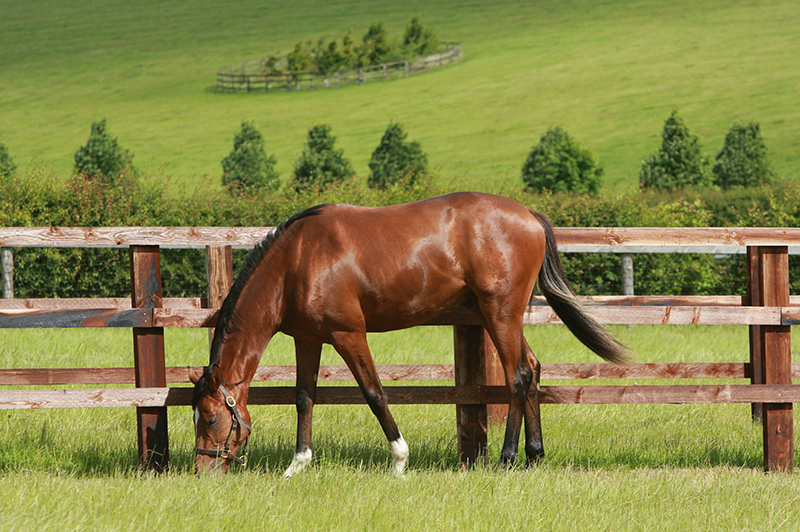A brilliant, gleaming coat is something all horse owners strive to achieve, but what is the best way to get a fantastic coat without adding too many calories or altering behaviour with excess energy?
One of the biggest influences on a horse’s coat condition is their overall health, so before investing in the many coat conditioning products on the market it is worth taking things back to basics. Ensure that your horse is up to date with their worming programme, dental check-ups and generally has a clean bill of health.
To support your horse’s overall health, it is important to ensure correct fibre intake on a daily basis. Before considering what goes into your horse’s bucket it is essential to remember the horse is a trickle feeder. Equines require a minimum of 2% of their body weight in dry matter per day; sources include grass, hay, haylage, high fibre cubes, chaffs and soluble fibres such as beet pulp. Once this need has been met, you can then evaluate the hard feed in their diet for its contribution to overall body condition, support of workload and coat condition.

The next step is to ensure you are feeding a balanced diet. Most feeds you can purchase now are what’s known as complete or fully balanced feeds. When fed at recommended daily amounts these will provide your horse with all the nutrients that they need alongside their forage. If you’re feeding below recommended guidelines, then your horse may suffer an imbalance in certain vitamins or minerals which could affect their health and consequently their coat condition. If your horse is a good doer and you feed below the recommended amount to control calorie intake, then top up with a daily vitamin & mineral supplement or a low-calorie balancer.
One of the most well-known vitamins for coat condition is biotin which can support the health of the skin, hair and hooves. In addition, there are herbs that have been used for many years to encourage a natural shine. Nettle and seaweed are said to provide nutrients and oils that encourage a healthy skin and coat condition alongside whole fenugreek, marigold, red clover heads and mint.
If weight gain is not a concern for your horse, then adding essential fatty acids (omega 3 and 6s) to the diet could help to achieve the wonderful coat you are after. Micronised linseed or oils such as rapeseed and soya oil are fantastic sources of these essential fatty acids. When feeding additional oils, you should consider the increased requirements for certain vitamins. It is recommended that you increase the antioxidant content of a horse’s diet to compensate for higher fat rations.
Correct hydration is equally essential for healthy skin and coat. Freshwater should always be available and on days where your horse works particularly hard, electrolytes should be provided to replace those lost through sweating.
The last piece of the puzzle for a show ring worthy coat is the addition of plenty of elbow grease. Brushing will stimulate blood flow and promote quality hair growth with a dazzling shine!
Article written by Cosette Darby BSc (Hons), Dodson & Horrell Nutritional Advisor



